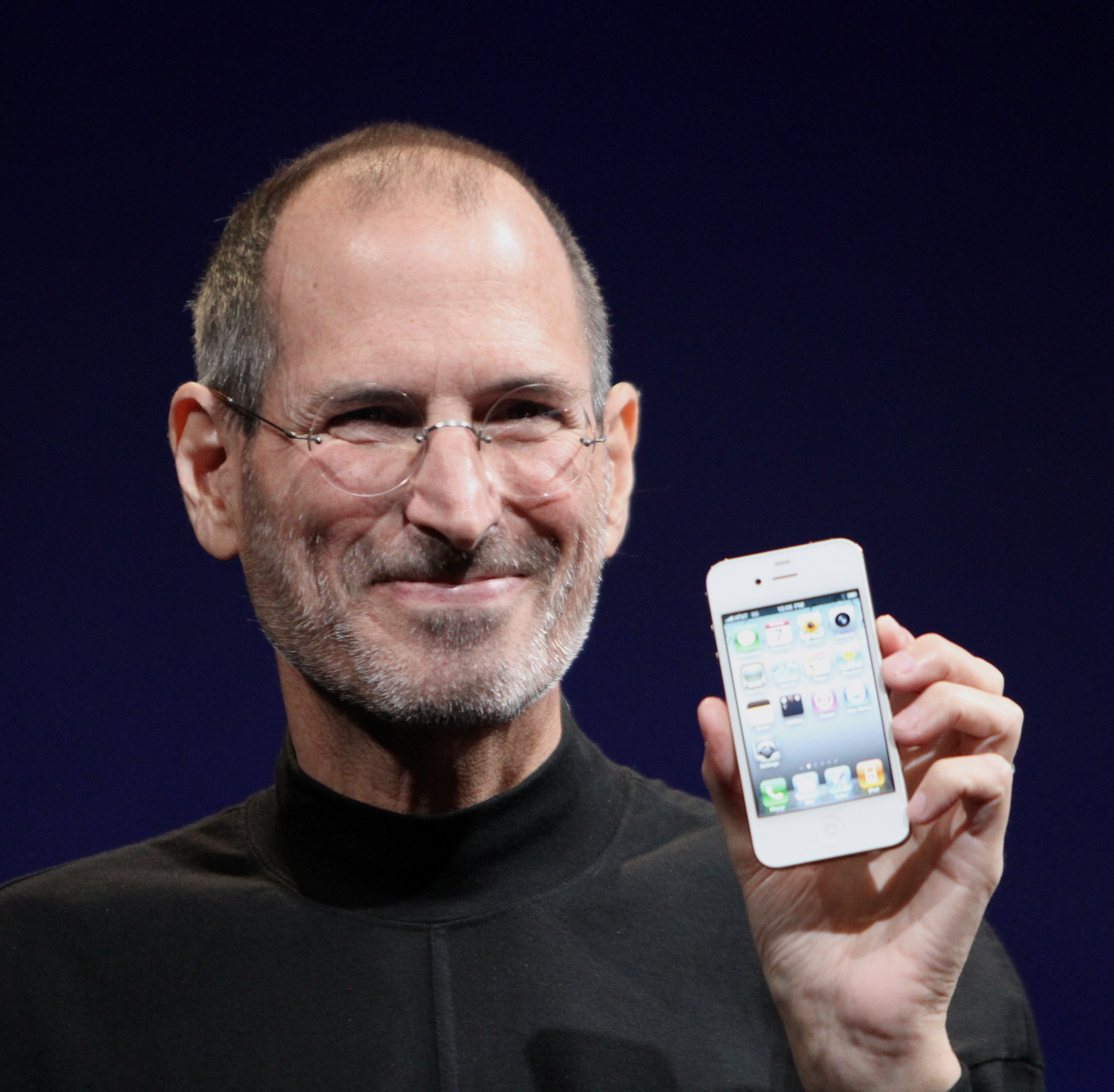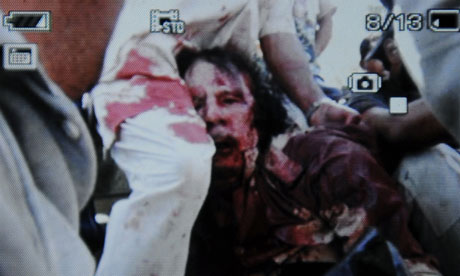 Miss America
Miss America Miss America
Miss America Miss America
Miss America Miss America
Miss America Miss America
Miss America

 Steve Jobs
Steve Jobs Steve Jobs
Steve Jobs Steve Jobs
Steve Jobs Steve Jobs
Steve Jobs Steve Jobs
Steve Jobs
 Obama
Obama Obama
Obama Obama
Obama Obama
Obama Obama
Obama
 Miss America 2011
Miss America 2011 Miss America 2011
Miss America 2011 Miss America 2011
Miss America 2011 Miss America 2011
Miss America 2011 Miss America 2011
Miss America 2011
| Miss Universe 2011 | |
|---|---|
 Miss Universe 2011, Leila Lopes, at a press conference after winning the contest. | |
| Date | September 12, 2011 |
| Presenters | Natalie Morales, Andy Cohen, Jeannie Mai, Shandi Finnessey |
| Venue | Credicard Hall,[1] São Paulo, Brazil[2] |
| Broadcaster | NBC, Telemundo, Rede Bandeirantes |
| Entrants | 89[3] |
| Placements | 16 |
| Withdraws | Norway, Zambia |
| Returns | Cayman Islands, Chile, Estonia, Montenegro, Portugal, St. Lucia, Turks & Caicos, Vietnam |
| Winner | Leila Lopes |
| Congeniality | Nikolina Lončar |
| Best National Costume | Sheldry Sáez |
| Photogenic | Ronnia Fornstedt |
 Miss Universe 2011
Miss Universe 2011 Miss Universe 2011
Miss Universe 2011 Miss Universe 2011
Miss Universe 2011 Miss Universe 2011
Miss Universe 2011 Miss Universe 2011
Miss Universe 2011 Miss Universe 2011
Miss Universe 2011 Miss Universe 2011
Miss Universe 2011 Miss Universe 2011
Miss Universe 2011 Miss Universe 2011
Miss Universe 2011 Miss Universe 2011
Miss Universe 2011 Miss Universe 2011
Miss Universe 2011 Miss Universe 2011
Miss Universe 2011
 gaddafi dead
gaddafi dead gaddafi dead
gaddafi dead gaddafi dead
gaddafi dead gaddafi dead
gaddafi dead gaddafi dead
gaddafi dead
 gaddafi killed
gaddafi killed gaddafi killed
gaddafi killed gaddafi killed
gaddafi killed gaddafi killed
gaddafi killed gaddafi killed
gaddafi killedLibya's ex-leader Col Muammar Gaddafi has been killed after an assault on his birthplace of Sirte, officials say.
The circumstances of his death are not yet clear. Video has emerged purporting to show Col Gaddafi being captured alive and bundled on to a truck.
Fighters loyal to the National Transitional Council (NTC) said they found him hiding in a hole, and shot him when he tried to escape.
Col Gaddafi was toppled in August after 42 years in power.
Western leaders welcomed the news.
US President Barack Obama said this was a "momentous day" for Libya, now that tyranny had fallen. He said Libya had a "long and winding road towards full democracy", but the US and other countries would stand behind it.
The colonel was fighting in Sirte alongside his two sons, Mutassim and Saif al-Islam, according to reports.
Officials say Mutassim was killed in battle on Thursday.
The NTC's Justice Minister Mohammad al-Alagi told the AP news agency Saif al-Islam had been captured and taken to hospital with a leg wound.
Golden gunNato, which has been running a bombing campaign in Libya for months, said it had carried out an air strike earlier on Thursday that hit two pro-Gaddafi vehicles near Sirte.
The French jets involved stopped the convoy "from progressing as it sought to flee Sirte", said Defence Minister Gerard Longuet, but he added that it "was not destroyed by the French intervention", but by Libyan fighters.
 Caroline Hawley BBC News, Tripoli
Caroline Hawley BBC News, Tripoli There is a mood of sheer exhilaration in Tripoli - tracer fire is lighting up the early evening sky, and fireworks are going off.
People young and old, fighters and civilians, are pouring towards Martyrs' Square in their cars, some of them draped in flags, flashing V for victory signs.
There is relief that this chapter of Libya's history has ended. This is a moment that most Libyans never dreamed of.
And for the new authorities there is also huge relief. There were fears that with Col Gaddafi in hiding and issuing audio messages, he could have directed a new insurgency.
Proof of Col Gaddafi's fate came in grainy pieces of video, first circulated among NTC fighters and then broadcast by international news channels.
The first videos showed a bloodied corpse, with some channels picking up footage they said showed the colonel's body being dragged through the streets.
An NTC fighter told the BBC he found Col Gaddafi hiding in a hole in Sirte, and the former leader begged him not to shoot.
The fighter showed reporters a golden pistol he said he had taken from Col Gaddafi.
Arabic TV channels showed images of troops surrounding two large drainage pipes where the reporters said Col Gaddafi was found.
Later, another video emerged of the colonel being bundled on to the back of a pick-up truck after being captured alive.
NTC fighters said he was shot when he tried to escape.
None of the video footage has been independently verified.
Later, the NTC's acting Prime Minister Mahmoud Jibril confirmed Col Gaddafi's death: "We have been waiting for this moment for a long time. Muammar Gaddafi has been killed."
Mr Jibril promised that NTC chief Mustafa Abdul Jalil would give more details of how Col Gaddafi was killed.
He said Mr Abdul Jalil would also later officially announce the "liberation of the country", allowing the NTC to begin pushing through democratic reforms that will lead to elections.
"I think it's for the Libyans to realise that it's time to start a new Libya, a united Libya, one people, one future," Mr Jibril said.
'United Libya'Libyans gathered in towns and cities across the country to celebrate the reports of the colonel's death.

The BBC's Gabriel Gatehouse has visited the drain where Col Gaddafi was reportedly found by NTC forces
Groups of young men fired guns in the air, and drivers honked horns in celebration.
His death came after weeks of fierce fighting for Sirte, one of the last remaining pockets of resistance.
World leaders urged the NTC to carry through its promise to reform the country.
UK Prime Minister David Cameron, who had taken a leading role in Nato's intervention, said it was "a day to remember all of Col Gaddafi's victims".
UN Secretary General Ban Ki-moon called it a "historic" moment, but warned: "The road ahead for Libya and its people will be difficult and full of challenges."